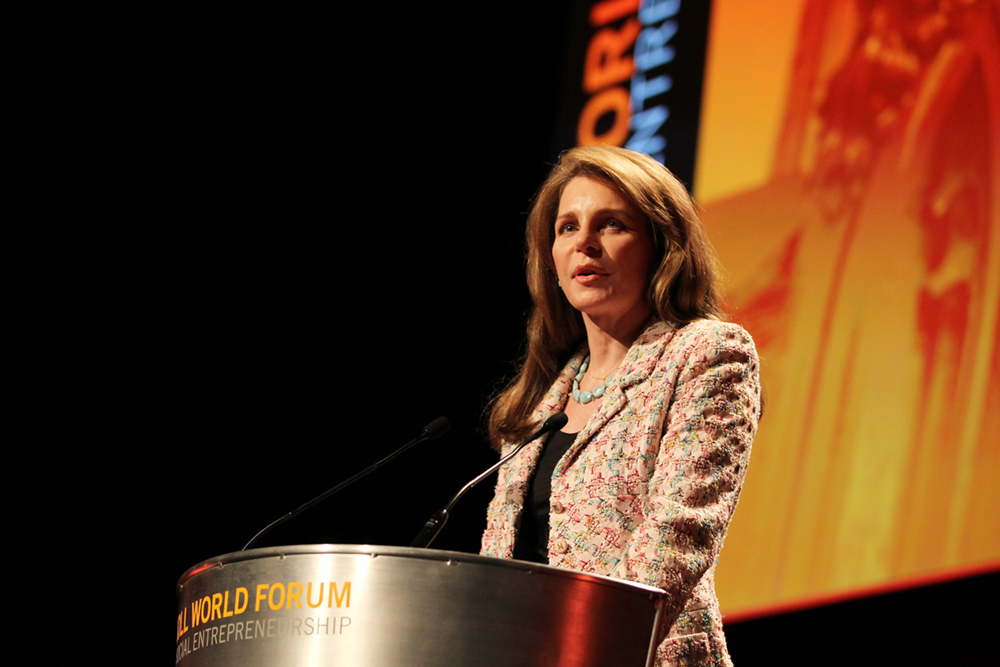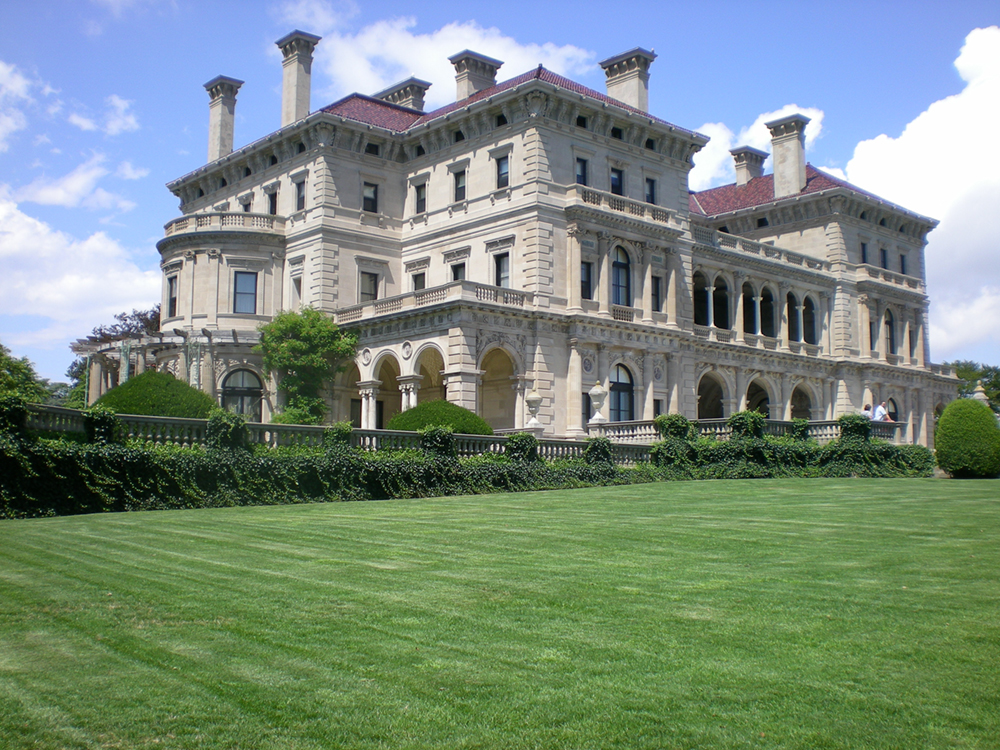| << Chapter < Page | Chapter >> Page > |

The power in an oligarchy is held by a small, elite group. Unlike in a monarchy, members of an oligarchy do not necessarily achieve their status based on ties to noble ancestry. Rather, they may ascend to positions of power because of military might, economic power, or similar circumstances.
The concept of oligarchy is somewhat elusive; rarely does a society openly define itself as an oligarchy. Generally, the word carries negative connotations and conjures notions of a corrupt group whose members make unfair policy decisions in order to maintain their privileged positions. Many modern nations that claim to be democracies are really oligarchies. In fact, some prominent journalists have labeled the United States an oligarchy, pointing to the influence of large corporations and Wall Street executives on American policy (Krugman 2011). Other political analysts assert that all democracies are really just “elected oligarchies,” or systems in which citizens must vote for an individual who is part of a pool of candidates who come from the society’s elite ruling class (Winters 2011).
Oligarchies have existed throughout history, and today many consider Russia an example of oligarchic political structure. After the fall of communism, groups of business owners captured control of this nation’s natural resources and have used the opportunity to expand their wealth and political influence. Once an oligarchic power structure is established, it can be very difficult for middle- and lower-class citizens to advance their socioeconomic status.
During the famed Gilded Age of American history, prominent socialite Mrs. Stuyvesant Fish organized and hosted a lavish dinner party in honor of her pampered dog, who arrived at the function sporting a $15,000 diamond collar (PBS Online 1999). Such absurd luxuries were fairly commonplace among the ultra-rich during this era of American history, which saw the rise and dominance of such families as the Vanderbilts, Rockefellers, and Carnegies. As the super-rich reveled in their wealth, however, most Americans scraped by, living below what was considered the poverty level.

Interestingly, some scholars now believe that the United States has embarked on a second Gilded Age and have offered hard data to back up their assertions. Such camps point to the fact that the “400 wealthiest American families now own more than the ‘lower’ 150 million Americans put together” (Schulz 2011). Much of this current generation’s wealth is concentrated among corporate executives and Wall Street tycoons.
Many of the super-rich use their economic clout to purchase more than luxury items. Specifically, wealthy individuals and corporations are major political donors. Because their campaign contributions have the potential to influence policy decisions and the election of candidates, the economic power of this segment of society is used for acquiring political power. As this dynamic continues, it supports the view that the concentration of wealth in the United States has contributed to making it like an oligarchy (Krugman 2011).
These patterns of wealth distribution and political contributions have spurred lively debate in recent years. Some see great wealth as a fair reward for hard work and talent, believing that political contributions are part of free expression in a democratic society. Others maintain that the concentration of wealth is a signal that too many people’s economic opportunities are limited. Another concern is that lack of equal power in making monetary donations will translate into an uneven distribution of political power—a situation that raises questions of the fairness of a “representational” system. These viewpoints underlay many of the recent political debates about tax policy, campaign finance reform, and government budgets in the United States.


Notification Switch
Would you like to follow the 'Introduction to sociology' conversation and receive update notifications?